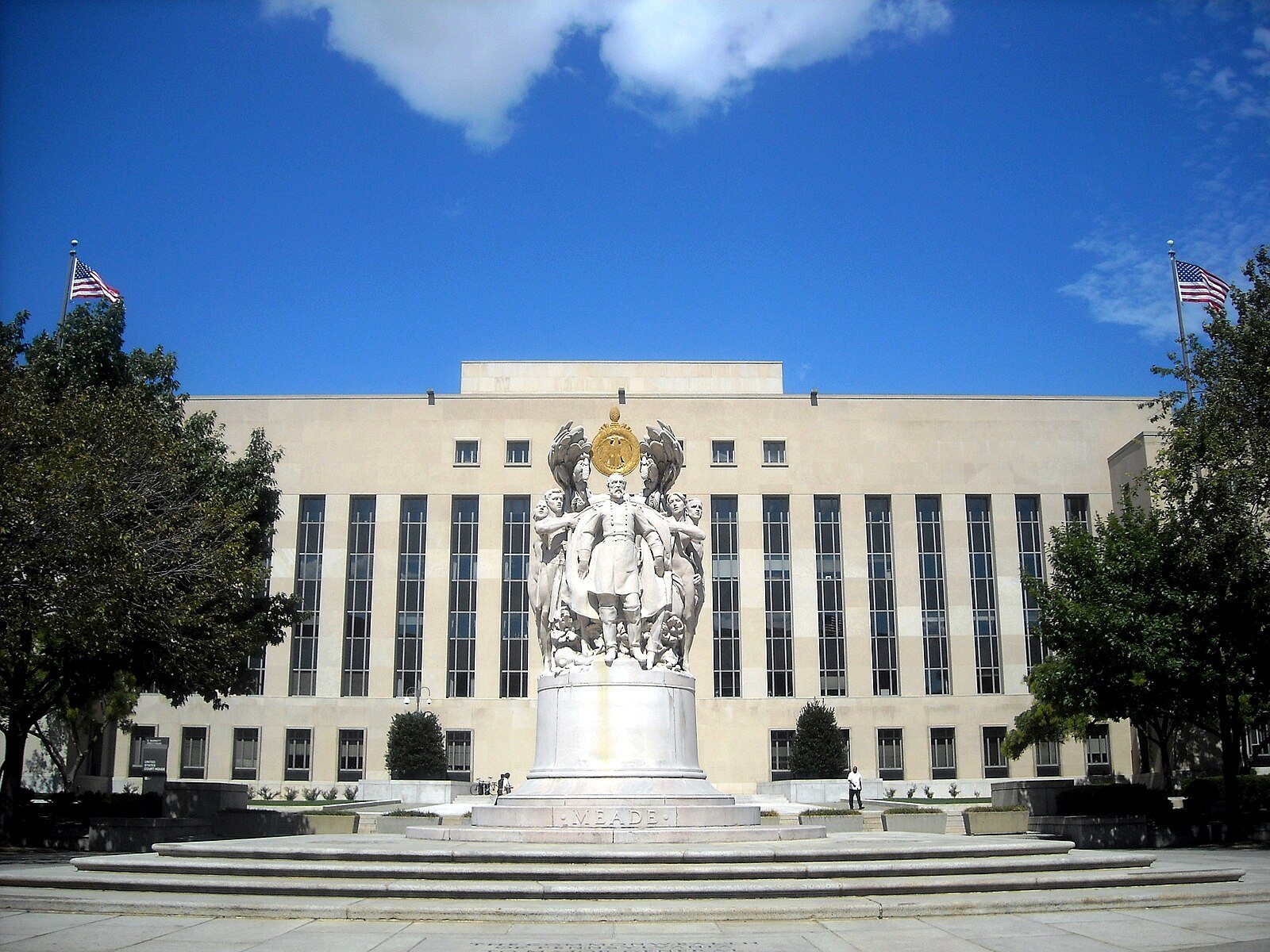The Spotlight Will Now Shift to the White House Counsel
I was pretty hard on White House Counsel Donald McGahn in connection with the horrible roll-out of the Trump Executive Order on immigration, and his inability or disinclination to control the President’s self-destructive attack on courts:
Published by The Lawfare Institute
in Cooperation With

I was pretty hard on White House Counsel Donald McGahn in connection with the horrible roll-out of the Trump Executive Order on immigration, and his inability or disinclination to control the President’s self-destructive attack on courts:
The White House Counsel is charged with (among other things) ensuring proper inter-agency coordination on important legal policies and with protecting the President from legal fallout. McGahn should have anticipated and corrected in advance the many foreseeable problems with the manner in which the EO was rolled out. And he should have advised the President after his first anti-Robart tweet, and after the other more aggressive ones, that the tweets were hurting the President’s legal cause.
If McGahn did not do these things, he is incompetent, and perhaps we can attribute impulsive incompetence to the President. But if McGahn did do these things—if he tried to put the brakes on the EO, and if he warned his client about the adverse impact of his tweets—then he has shockingly little influence with the President and within the White House (i.e. he is ineffectual).
And that was before we learned that the Ninth Circuit slapped down McGahn’s feckless effort to issue “authoritative guidance” to address problems in the Executive Order.
|
If you are finding Lawfare useful in these times, please consider making a contribution to support what we do. |
The Flynn imbroglio raises similar questions. Yesterday we learned that Acting Attorney General Sally Yates told “the White House counsel” late last month that she believed Flynn had misled senior administration officials about his Russian communications and “was potentially vulnerable to Russian blackmail.” As the Post notes, “It is unclear what the White House counsel, Donald McGahn, did with the information.” In the coming days it will be crucial to ask what McGahn did with this information, and when, and why.
Other questions will and should be asked about what McGahn has done to enforce ethics rules. Ethics compliance is one of the White House Counsel’s primary responsibilities. The multiple ethics problems swirling around the White House are squarely McGahn’s responsibility. There were early indications that McGahn ignored the usual protocols for ethics vetting of Cabinet officials. Since then the problem has only grown worse and has drawn bipartisan ire. One wants to know what McGahn’s role has been in ensuring (or not ensuring) compliance with relevant ethics rules, and (as several Democrat Senators asked last week) what “clear and specific steps the White House is taking to prevent further violations of government ethics laws by members of the White House”?
McGahn is also at fault if it is true that, as the NYT reported without attribution, Trump was angry because “he was not fully briefed on details of the executive order he signed” concerning the organization of the National Security Council and the Principals’ Committee.
It is possible, as I said in my original piece on McGahn, that the many White House screw-ups outlined above are less a result of McGahn's incompetence and more a result of his lack of access to the President. If that is so, then the blame is partly the Chief of Staff’s, and McGahn needs to insist that the problem be fixed or resign. I doubt this is the problem, however, since McGahn was Trump’s campaign lawyer and by all accounts remains a close senior advisor. A related problem may be that Trump is simply a rogue elephant whom no chains can bind, and that McGahn is giving Trump appropriate advice that is having no impact on his behavior. I doubt that is a full explanation either, since (among other reasons) many of the problems outlined above cannot have been a result of Trump’s intransigence.
It thus appears that the problems noted above are less about access or influence, and more about McGahn’s substance and style. McGahn is reportedly “an iconoclast bent on shaking things up.” Unfortunately for the President, that is not an attractive quality in a White House Counsel, whose main job is to ensure that the President and the White House steer clear of legal and ethical and related political problems.


.jpg?sfvrsn=407c2736_6)


